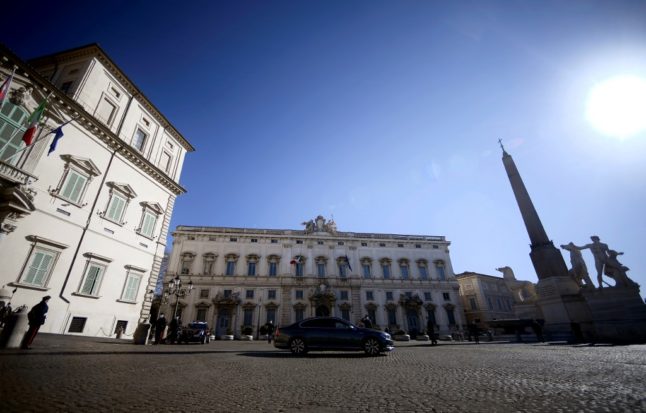But other lawmakers will be needed to form a viable new government, and “it is currently unclear whether Conte can succeed in such an effort”, analyst Wolfango Piccoli noted.
They are keen to avoid snap elections, which opinion polls suggest would lead to victory for the centre-right coalition comprising billionaire former
premier Silvio Berlusconi's Forza Italia and Matteo Salvini's right-wing populist League party.



 Please whitelist us to continue reading.
Please whitelist us to continue reading.
You have got to love Italian politics, the Lefties do not want an election as they know the people will not vote them back in , incredible.